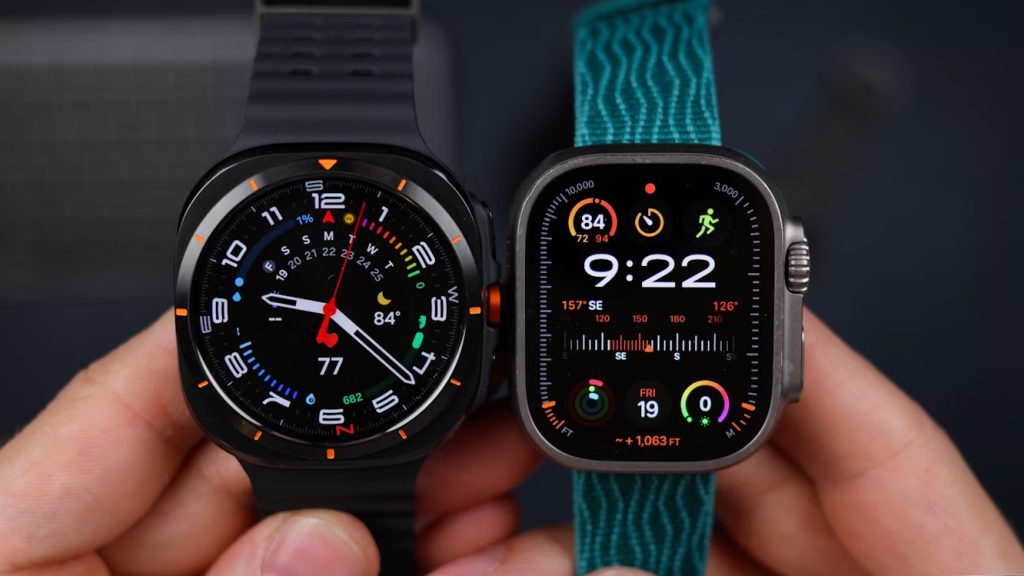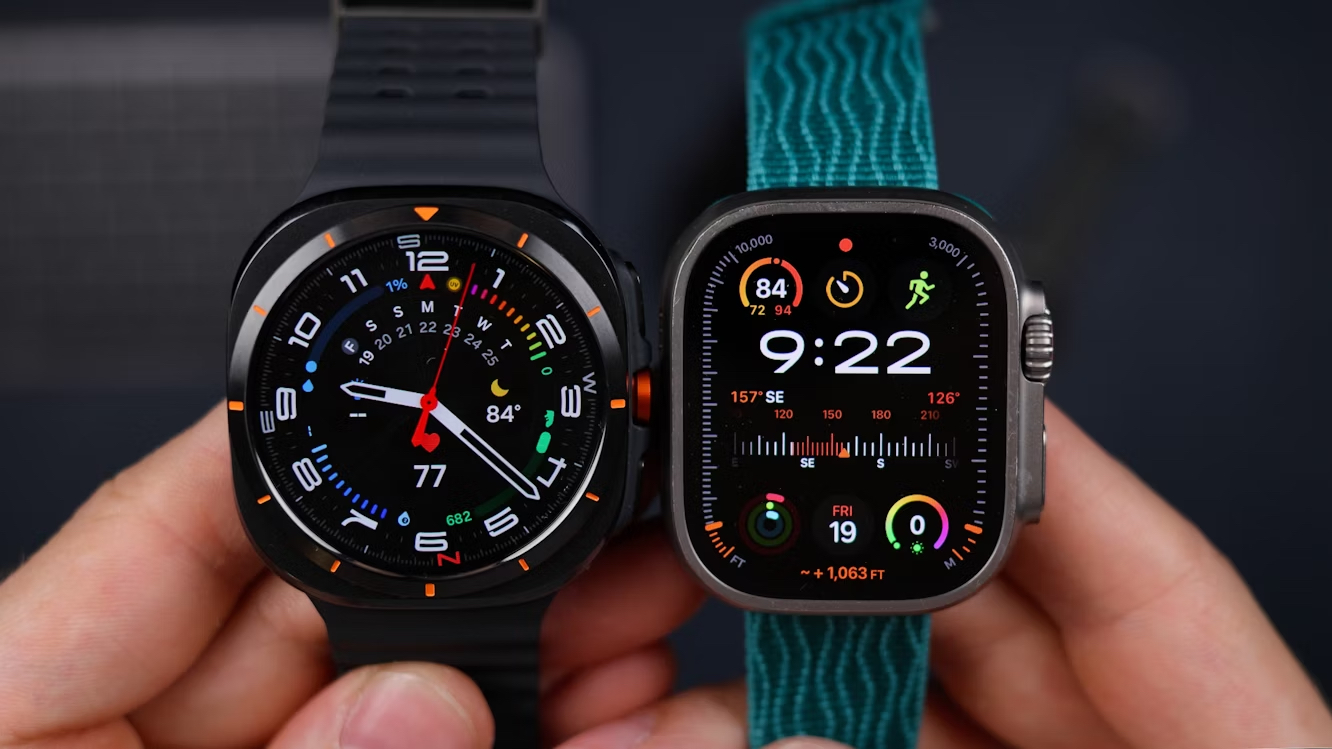In the tech industry, we love to use other tech. At one SaaS company I worked for, on Day 1 I got invited to over 30 different softwares they use to run their business.
Were they all necessary? Absolutely not. Were they going to find an all-in-one platform that did everything they need, from marketing to bookkeeping? Also absolutely not. Finding the sweet spot in between means knowing the key must-haves to make sure your body is supported.
Your health stack is the tools, apps, and even the self care methods, and tactics in your toolkit
A health stack contains the apps you rely on for data, like sleep and step counters, plus your primary care providers. It also includes all of the self care tactics, mental health support, exercise plans and recovery routines that you use on a regular basis to feel healthy. Your multivitamin? Part of your health stack.
We’re in an era where the way we manage our health is changing. We’re more committed than ever to preventive care, knowing how unpredictable and expensive the traditional health care industry can be in the U.S.
In includes primary care – I see my dentist every 6 months (and if you don’t, please do) but I might not get my annual checkup perrrfectly on time, and that’s OK because I understand my body and know the history and patterns of my bloodwork.
The rest of your toolkit is going to include all the routines and strategies you use for self care, daily micronutrients, sleep, your therapist for your mental health, maybe you use the Calm app or just like to sit quietly. My toolkit definitely contains strategies for my mental health, plus time out in nature, where I get something I didn’t realize I needed so much: total silence.
And most importantly, the apps and tools you use to get data and tie it all together: Health trackers like step counters and sleep, your Oura Ring, Fitbit, or a glucose monitor. All of these tools show you different views into your body’s behaviors.
What’s in your health stack?
Here’s a list of 20 ideas across each type of care. Like a picnic basket, pick and choose what works for you, until it doesn’t. Don’t be afraid to try something new and low-risk. And if you’re facing a chronic health issue that’s starting to impact your life, like ongoing lack of sleep, you will want to know when you need to make a major investment into that part of your health.
Apps and tools
- Step counters like Fitbit or Apple Watch
- Sleep scores like through your CPAP machine or sleep app.
- Meditation apps like Calm
- CPAP for sleep
- Smart scales with body composition data
- Health trackers like Oura Ring
- Exercise trackers like Strava, AllTrails, and Fitbit
- Diet and food trackers like MyFitnessPal or Weight Watchers
- Workout subscriptions like Peloton
Routines and strategies
- Body movement like stretching, yoga, or pilates
- Breath work like the 3-4-3 method (Breathe in over 3 seconds, hold for 4, exhale over 3 seconds)
- Cold therapies like cryo or cold plunges
- Drinking a glass of water when anything feels off
- Napping when you’re tired
- Compression therapy
- Daily micronutrients: A daily multivitamin; plus for women this may mean taking additional Iron supplements.
- Supplements, topicals, and skincare regimens
Primary care
- Pharmacy portals and prescription history
- Your medical history, and all test results, like blood panels and blood pressure
- Preventive care visits, dental visits
- Blood sugar / glucose monitoring
Mental health
- Online mental health providers like Betterhelp
- Your visits with a therapist, psychiatrist or psychologist
- Any medications you’re on to manage it
- Journaling
Alternative medicines
- New psychological therapies are being derived from long-feared drugs like ketamine and psilocybin.
- Acupuncture
- Oxygen therapy
And soon.. OneVital. Get on the list today.


Leave a Reply